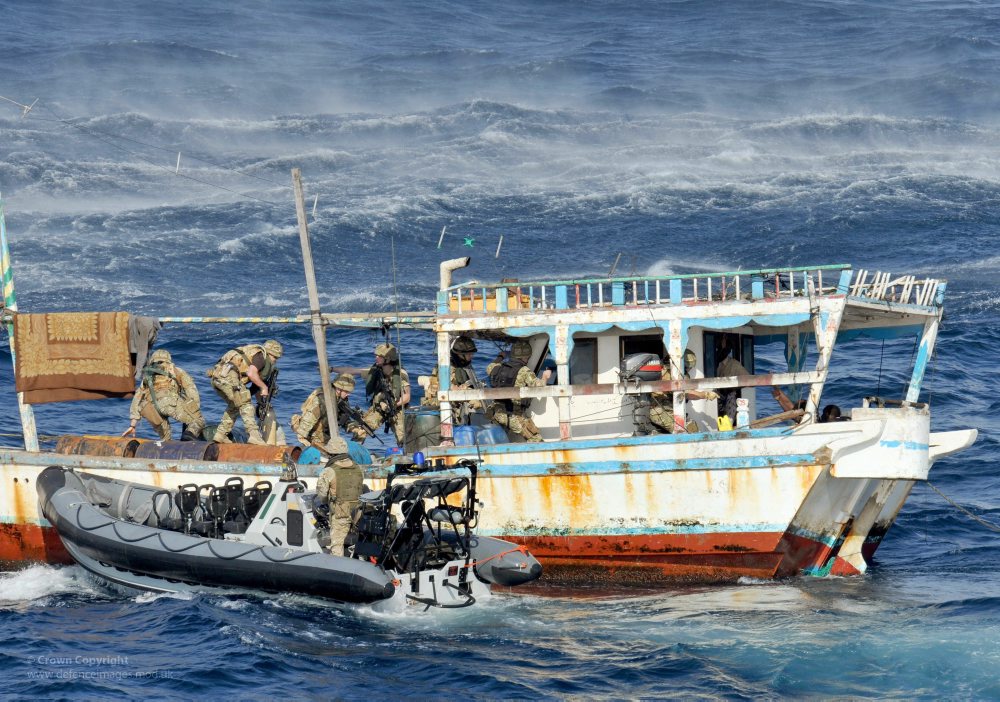Cairo Diary, July 5: "Friday of Rejection"---and Violence
So much violence tonight.
When people called for the ouster of President Hosni Mubarak in 2011, they clashed against state security forces with a clear goal in mind. There was a positive objective. Not so today, when 30 people were killed across the country. Most died in clashes between supporters and opponents of ousted president Morsi and five members of the police were killed in Sinai in separate incidents.
Published by The Lawfare Institute
in Cooperation With

So much violence tonight.
When people called for the ouster of President Hosni Mubarak in 2011, they clashed against state security forces with a clear goal in mind. There was a positive objective. Not so today, when 30 people were killed across the country. Most died in clashes between supporters and opponents of ousted president Morsi and five members of the police were killed in Sinai in separate incidents. In Cairo, three Morsi supporters were reportedly killed by gunfire (the Brotherhood blames the military, the military denies involvement) next to the Republican Guard headquarters where Morsi is said to be held. At night, fighting broke out on a bridge near downtown, spilling over into Tahrir and the road outside Maspero, the state television building (and site of 28 deaths in October, 2011---mainly Coptic demonstrators killed by security forces and the army). Today there can be no positive outcome of this violence. No one can win.
Suez and South Sinai are under a heightened state of alert, following an armed attack on the el Arish airport (which, counterintuitively, is in North Sinai) and the border crossing with Gaza has been closed indefinitely. Khairat el Shater, a wealthy businessman and deputy leader of the Brotherhood, was reportedly taken into custody last night.
Someone asked an important question on Twitter this evening: How is it that violence was broadcast for an hour and a half on live television from central Cairo, a very accessible part of town, and neither police nor armed forces showed up until after it was over? In all of the economic tumult and social-issue sparring that's gone on this year, the much-touted reform in many of the Arab Uprising countries of the security sector has fallen by the wayside.
As today's events show, it's one of many things that still needs to happen if faith in the state is to be restored.


This Morning I Feel Rather Sorry for Them
I'm back at Rabaa el Adaweya this morning, where the Brotherhood protesters have been camped out, before Friday prayers. People are gathering here for pro-Morsi marches scheduled to take place around the city today. Two of the entrances are blocked off by tanks, so we and the minibuses coming in from the Nile Delta and around Cairo drive in via a third route. As a fellow journalist friend and I enter the area, we are ushered back to the "media center." It must be newly constructed, since I wasn't taken there last time I visited three days ago. The Brotherhood is nothing if not organized. The "center" is a tent behind a somewhat unnerving iron gate; several young men and women work on laptops, wearing headphones. A large banner hangs on the wall that reads, "National Coalition to Support Legitimacy" in English as well as in Arabic. The Brotherhood knows its audience.
A protester wearing a mask of President Morsi's face.
Later, I sit and talk with a group of women in a makeshift tent near the mosque, as people begin to gather for midday prayers. The women tell me that they sleep in the mosque at night. Several have been camped out here for a week. It is hot, and a woman keeps coming around with a bottle spraying water on all of us to keep us cool. Unfortunately, the mist is not so good for my notebook, but the women's Qurans are getting wet too, so who am I to complain? These same women tell me they are not members of the Muslim Brotherhood's sister organization. "We didn't come to defend a person (Morsi), or a group or an idea. . . . We came to defend democratic principles," says Dr. Rania Gilal, a professor of medicine. At least two women break down in tears over their president's untimely removal by the armed forces. Soon I am surrounded by a crowd of women, many raising their voices to be heard---until one takes me by the hand, extricating me from the crowd, kisses me on both cheeks, and waves goodbye.
Men waiting for Friday prayers---too many to fit inside the mosque. Lots of sun hats---it's a very hot day.
Though all of the people I speak to here say they are not nervous and are prepared to die and will stay in the streets until Morsi's return, I can't imagine that memories of decades of prison and persecution aren't running through the heads of some of them. The mood is tense and my ID is checked by several protesters I speak with, none of whom have any discernible role in maintaining security. As I leave, someone calls my name, and I turn to see Mohamed, a man selling food and drinks to the protesters---I had drunk Nescafe with him and his family a few days before. He says he took his wife and sister home after there was shooting two nights ago.Security at the entrance to Rabaa el Adaweya.
I wrote a piece for The New Republic about the Brotherhood and why the repression of it is not only wrong but entirely counterproductive. Entitled "Marginalizing the Brotherhood is a Mistake," it opens:
When the Egyptian army reclaimed power this week, some of its first actions were to shut down three Islamist-run television stations, detain at least five staff members at Al Jazeera's Egypt channel, allegedly for being sympathetic to the Muslim Brotherhood, and order the arrests of 300 Muslim Brotherhood members.It’s not a surprising impulse for an undemocratic institution committed to displacing the country’s most powerful single political faction—which has some deeply undemocratic tendencies itself. And it evidently seems attractive politically to many observers both in Egypt and in the United States, where people seem to see the Brotherhood purge as a way of returning to more secular political leadership. But it could prove very dangerous in the long run.
Is it a Conspiracy Theory if there's actually a Conspiracy?
In the taxi on the way back from Rabaa el Adaweya, I chat with the driver, Maher Mahmoud, 41, who says that he's not a very good Muslim, unfortunately. He believes in "thou shalt not kill" and all of that, he says, but he smokes cigarettes and doesn't pray as much as he should. "Of course, Morsi is stupid," he says, "There's no argument there. . . . But there was a petrol crisis in the days before June 30th. Where is a petrol crisis now?" It's a very good question. In the days leading up to the June 30th demonstrations, there was a fuel crisis that created lines that lasted all night and snaked through the streets, indistinguishable from traffic jams. At the time, the then-government attributed it to hoarding (people panicking an advance of the demonstrations), smuggling, and the ongoing foreign exchange crisis. But no one was quite able to verify these claims, and many people muttered darkly about remnants of the former regime dumping fuel into the desert to artificially create a shortage, thereby increasing dissatisfaction and possibly Tamarod turnout on June 30. Since that day, it's as though the "fuel crisis" never existed. There are far fewer cars on the street, so that could have something to do with the change, but it does seem strange all the same. Since the coup---popularly supported or no, let's not quibble about vocabulary---many people have been talking about how perfectly choreographed it all seems, and speculating about forces of the Deep State at work. I don't mean to propagate unsourced rumors, but it is useful to be aware of them in Egypt and of things that many people believe. Particularly as sometimes those end up having more truth to them than the "truth." A lot of the time, it really does make good logical sense to be a conspiracy theorist in Egypt.Tonight
It's a sad night in Cairo. Civilians are fighting one another in the street. Neither side's hands are clean. Two mass movements are locked in conflict and neither one can win. And though the army is deployed and tanks are visible on the streets, when it comes to clashes, those whose job it is to protect civilians seem to be looking on. Those who work on Egypt often talk about the difficulty of finding reliable statistics. It's very often difficult to know what is going on at all, to get information how many are killed, particularly outside of Cairo and about who initiates the violence and of those killed, who is on which side. That leaves far too much room for finger-pointing and each side blames the other for the escalating violence. By the time you read this, the number of the dead may have changed.Since tomorrow won't be a day of planned mass demonstrations, I hope it will be calmer. Perhaps it is too much to hope for that someone in power will initiate real efforts at mediation, but something must change. And soon.
For more of Laura Dean’s Cairo Diary:
Laura Dean is a journalist reporting from the Middle East and Europe. Previously, she was the Senior Middle East Correspondent for GlobalPost, writing from Egypt and other parts of the Middle East and North Africa. Dean formerly worked as an election observer with with the Carter Center in Tunisia and Libya and served on the staff of the Senate Foreign Relations Committee in Washington, DC. Her work has appeared in The New Republic, Slate.com, Foreign Policy, The London Review of Books blog and The Globe and Mail, among other publications. Dean grew up in Bahrain and graduated from the University of Chicago. She speaks French and Arabic.





